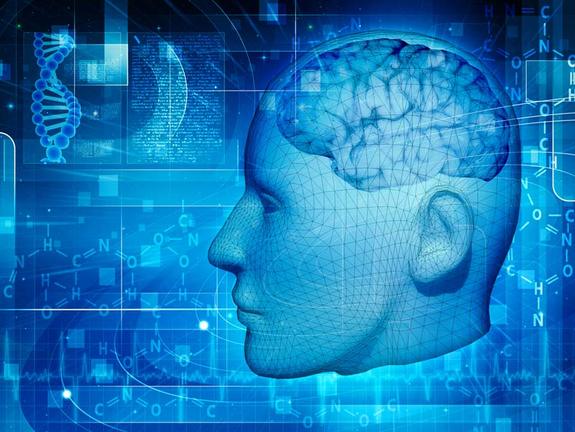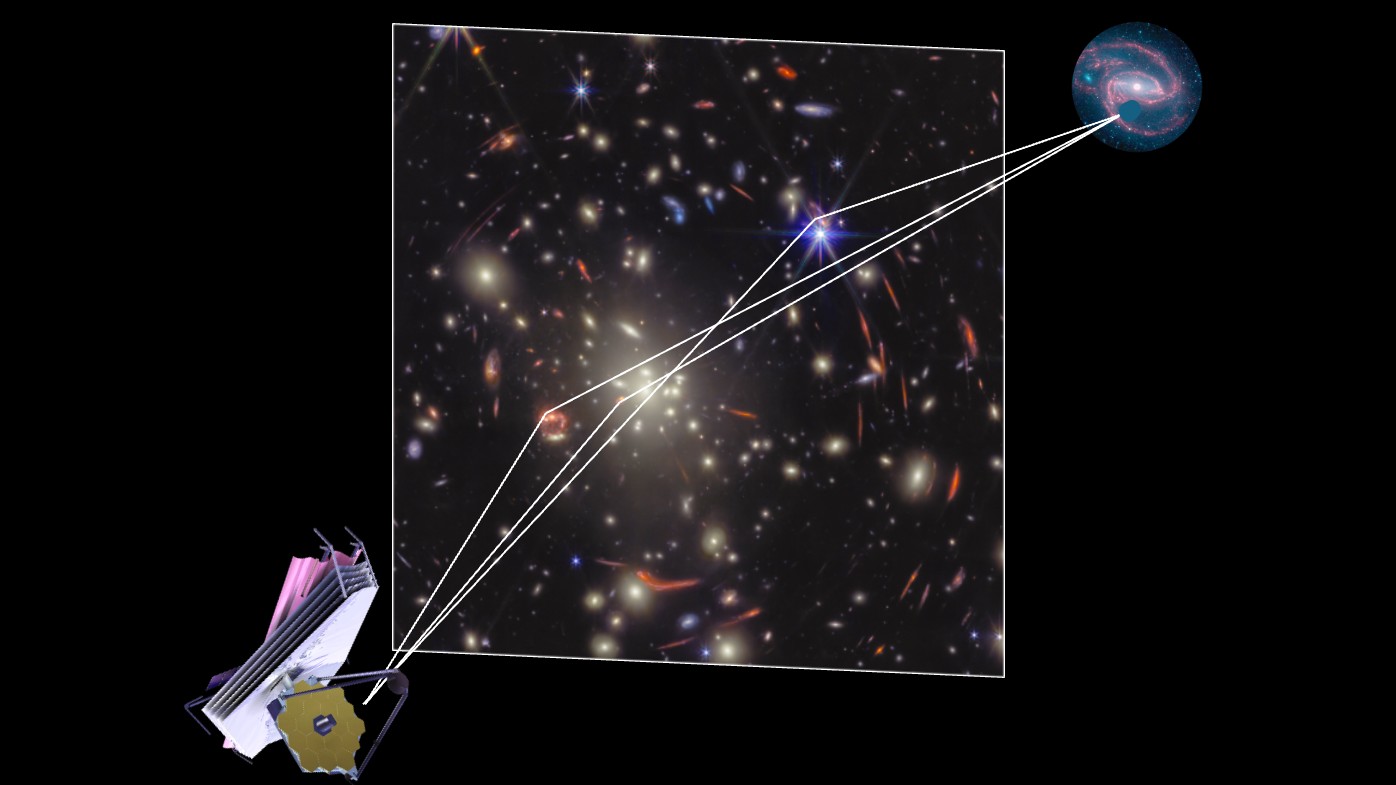
The moment a person slips from conscious thought into unconsciousness has long been a mystery.
Now researchers have pinpointed exactly what goes on in the brain as people become unconscious after taking anesthesia. It turns out that there probably aren't individual neurons, or brain cells, responsible for consciousness.
"This data shows that consciousness might not be the result of a special group of neurons, but rather might be the result of how neurons communicate with one another," study co-author Martin Monti, a psychology professor at the University of California at Los Angeles, wrote in an email.
When people are conscious, information zips from one place to another along a direct route, much like an express bus, whereas the way information travels in the unconscious brain is more like taking several buses and stopping in North Dakota and Tennessee to get from New York to Los Angeles, Monti said. [Top 10 Mysteries of the Mind]
Mystery of consciousness
To study consciousness in more depth, Monti and his colleagues used functional magnetic resonance imaging (fMRI) to scan the brains of 12 healthy people ages 18 to 31 while they were given the anesthetic propofol.
As the participants lost consciousness, the fMRI scans showed a change in blood flow patterns across the brain. That brain activity suggested the flow of information in their brains became much more inefficient.
Get the world’s most fascinating discoveries delivered straight to your inbox.
"If you imagine being a bit of information that has to travel from, say, occipital cortex -- at the back of your brain -- to prefrontal cortex -- at the front end of your brain -- you might either get there efficiently, which is to say via only a few synapses, or inefficiently, via several more synapses," Monti said. "When we lose consciousness due to propofol, it appears that suddenly the travel of information becomes more inefficient and less direct."
Many unknowns
The scientists didn't follow the people throughout a long period of sedation, they don't know whether this inefficient information flow persists throughout unconsciousness or just when people first lose consciousness
In fact, other studies of people during sleep show that consciousness seems to be connected to more efficient brain processing, Monti said.
It's also not clear yet whether anesthesia-induced unconsciousness mirrors the state experienced by people who are in a coma or have a severe brain injury.
"In healthy volunteers, what changes is only the way in which information flows within the brain networks," Monti said. "In patients, the network itself has also been severely compromised due to the injury, so in that circumstance, there might be multiple mechanisms at play."
Efficient, organized brain processes are not enough on their own to create a state of consciousness. For instance, many behaviors, such as driving a stick shift, or coordinating the movements of walking, are done without conscious thought. And even patients in a vegetative state have some organized brain function, Monti said.
Ultimately, the team hopes a deeper understanding of the nature of consciousness could help reignite consciousness in patients who have lost it.
The findings were detailed online Oct. 17 in the journal PLOS Computational Biology.
Follow Tia Ghose on Twitter and Google+. Follow LiveScience @livescience, Facebook & Google+. Original article on LiveScience.

Tia is the editor-in-chief (premium) and was formerly managing editor and senior writer for Live Science. Her work has appeared in Scientific American, Wired.com, Science News and other outlets. She holds a master's degree in bioengineering from the University of Washington, a graduate certificate in science writing from UC Santa Cruz and a bachelor's degree in mechanical engineering from the University of Texas at Austin. Tia was part of a team at the Milwaukee Journal Sentinel that published the Empty Cradles series on preterm births, which won multiple awards, including the 2012 Casey Medal for Meritorious Journalism.
 Live Science Plus
Live Science Plus





